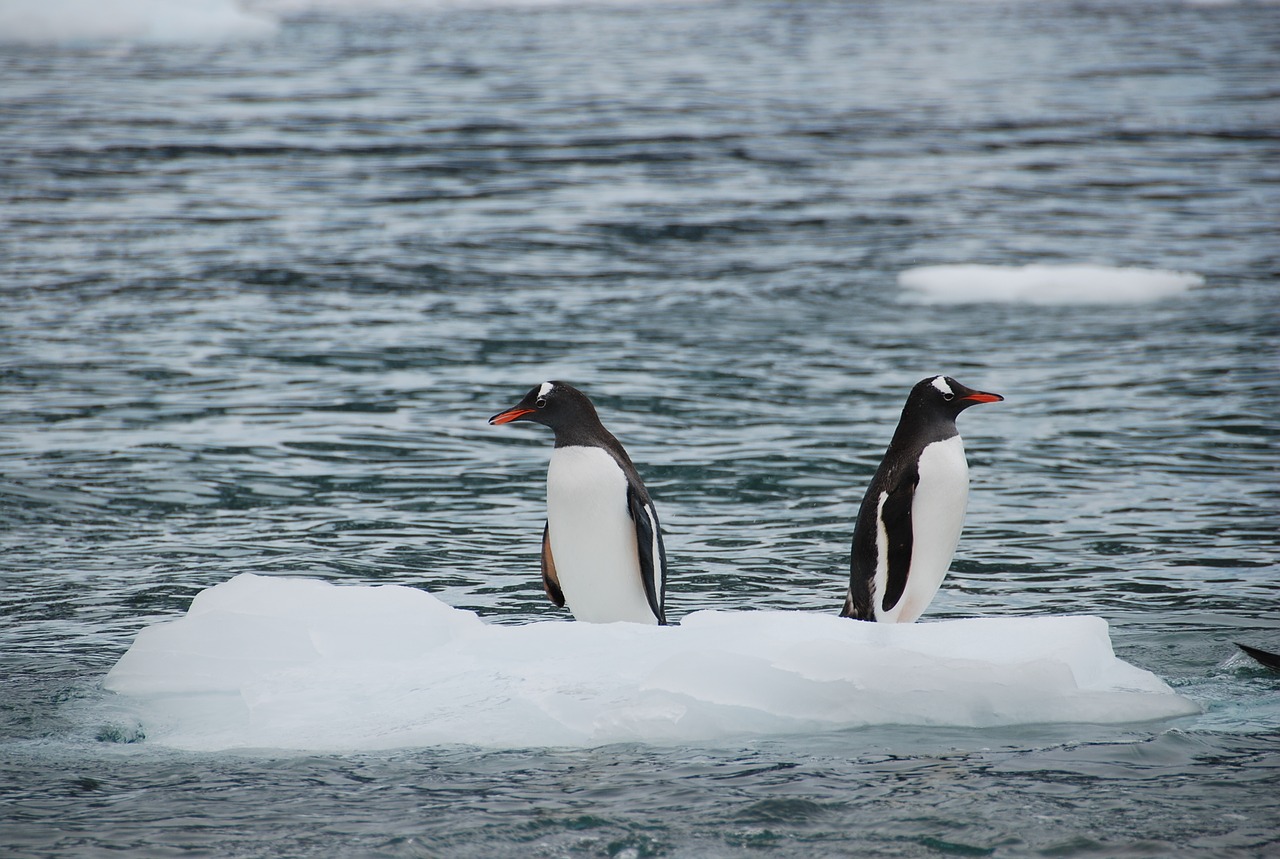
Scott Base – New Zealand scientists are heading to Antarctica to answer key climate change and their research will help shape the frozen continent’s future.
The Antarctic covers 10 percent of the earth’s surface and influences the climate and ocean circulation of the entire planet. It will be the subject of discussion at the COP26 UN climate change conference which has begun in Glasgow.
The IPCC’s latest report delivered stark warnings about our future unless global greenhouse gas emissions are cut.
Antarctic research underpinned the report’s conclusion that atmospheric CO2 concentrations are now higher than at any time in at least two million years.
Future changes in climate are directly linked to what happens in Antarctica, including potential tipping points for rapid and irreversible sea-level rise.
The melting of Antarctic ice is the big wild card. Global sea-level rise of up to two metres by 2100 cannot not be ruled out.
Understanding ice sheet melt will increase confidence in projections for sea-level rise under different emissions pathways, which are effectively different possible futures based on how much CO2 goes into the atmosphere.
Antarctic Science Platform glaciologists and ice sheet modellers are at the cutting of edge of understanding how fast seas may rise, and why.
Such evidence is critically needed by decision makers, both in New Zealand and at COP26, who need to anticipate and manage consequences.
The continent’s sea level is rising faster than at any point in at least the last 3000 years.
Melting ice sheets and glaciers are the dominant contributors to sea-level rise and the rate of ice sheet loss increased fourfold between 1992–1999 and 2010–2019.
Even with reduced emissions, there is likely to see at least 50cm of sea level rise by 2100; over one metre acwith higher emissions levels.


